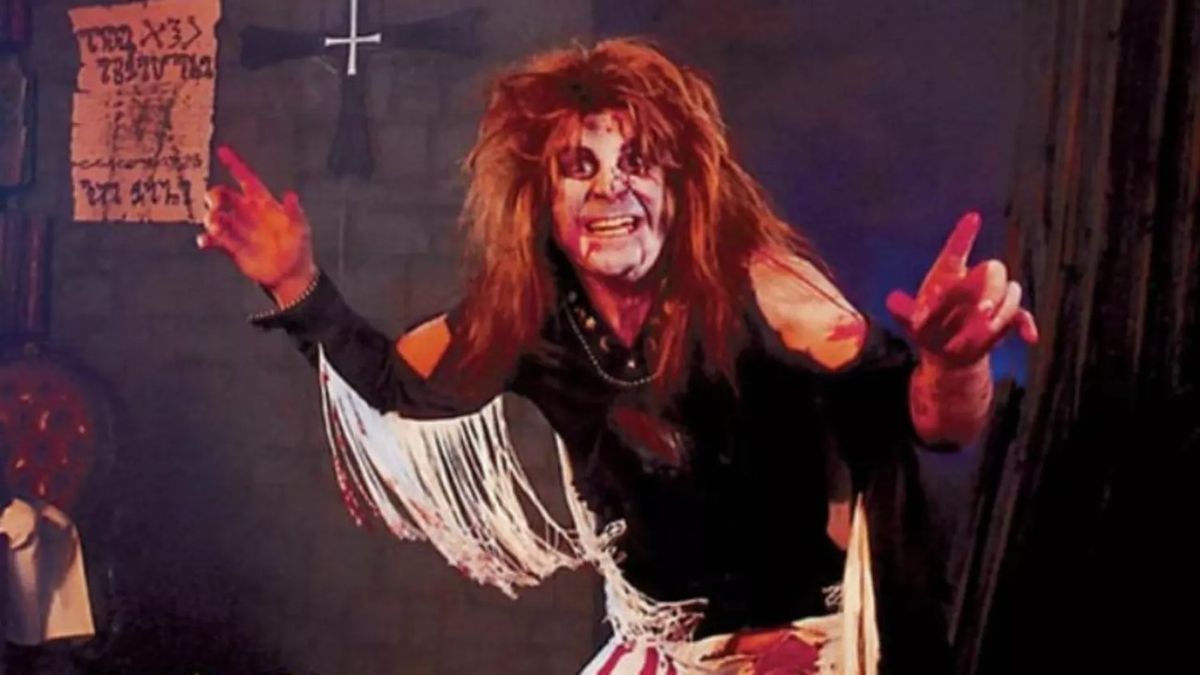
About the Song
Released in 1981 as part of the groundbreaking album Diary of a Madman, “S.A.T.O.” is one of those deep cuts that may not have dominated the charts, but has long been cherished by dedicated fans of Ozzy Osbourne for its blistering energy, cryptic title, and masterful instrumentation. Coming from an album that marked Ozzy’s second solo outing after parting ways with Black Sabbath, this track reflects a critical moment in his career — a time when he was forging a new identity, backed by extraordinary talent and an unrelenting creative spirit.
The song is notable for its explosive guitar work by the late Randy Rhoads, whose blend of classical precision and metal ferocity helped define Ozzy’s early solo sound. Rhoads’ riffs in “S.A.T.O.” are nothing short of breathtaking — soaring, complex, and emotionally charged. From the galloping rhythm section to the extended instrumental bridge, the track showcases a band operating at full throttle, with bassist Rudy Sarzo and drummer Tommy Aldridge anchoring the song’s stormy momentum.
Lyrically, Ozzy delivers a performance filled with urgency and drama. The title, “S.A.T.O.”, has long intrigued fans and critics alike. Though never officially explained by Ozzy himself, it’s widely believed to stand for “Sharon Arden, Thelma Osbourne” — referencing his future wife Sharon and his then-wife Thelma, perhaps capturing a period of transition and emotional turbulence. But more than its speculative title, the song captures the sensation of being lost at sea, both literally and metaphorically — a man tossed between worlds, between identities, and between phases of life.
What makes “S.A.T.O.” stand out decades later is its fusion of technical brilliance and raw emotional undercurrent. It’s a song that doesn’t shout for attention but earns its place as one of the most underrated tracks in Ozzy’s discography. For longtime fans, it’s a reminder of a time when heavy metal was finding new forms, and Ozzy, against the odds, was proving he still had something vital to say.
Whether you’re revisiting it as part of a nostalgic journey through early-’80s rock, or hearing it for the first time, “S.A.T.O.” remains a testament to the energy, mystery, and passion that fueled Ozzy Osbourne’s rise as a solo legend.